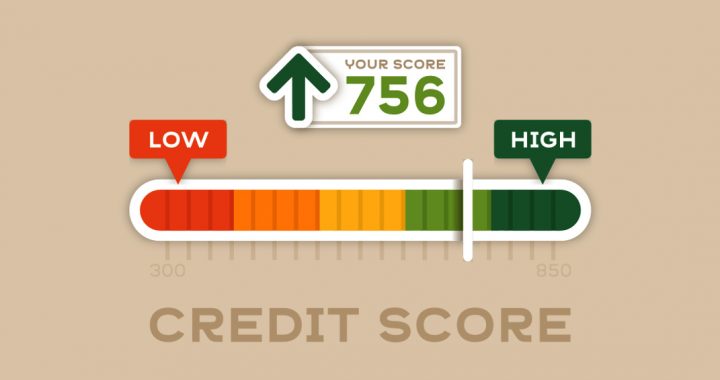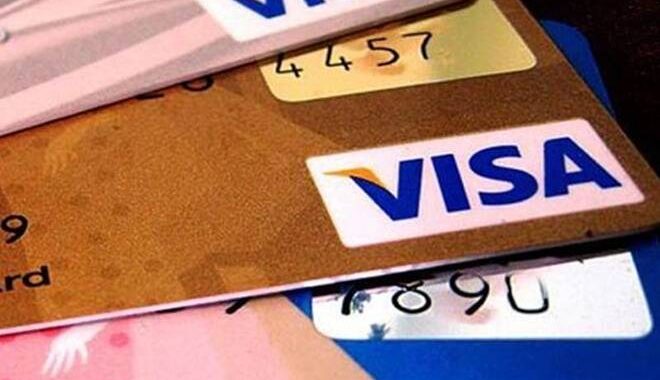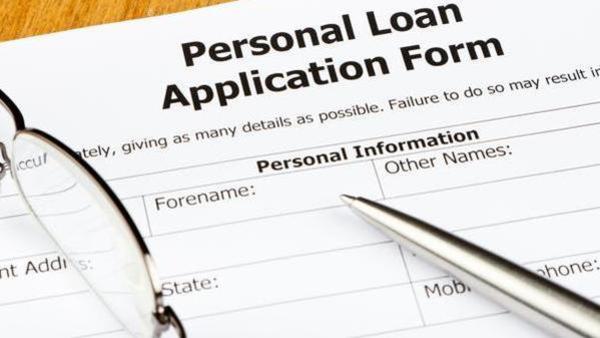Whether to Avail Moratorium or not?
5 min readThe Reserve Bank of India’s loan deferment announcement to borrowers amid the COVID-19 outbreak is a welcome relief. However, one needs to consider these details before you make a decision to either avail the moratorium or continue paying your regular EMIs.

The Central Bank’s recent relief measures of a three-month EMI deferment option for all term loans including Credit Cards, Personal Loan, Home Loan, Vehicle Loan, Business Loan and all term loans is some good news for borrowers who may be facing a cash crunch amid the COVID-19 crisis.
However, it is important that you understand the details before you opt for the deferment.
Moratorium is not mandatory
It is also important to keep in mind that banks have the right, but not an obligation, to allow the three-month moratorium. The interest will continue to accrue on the outstanding.
Interest rate on deferred payments
There will be no waiver of interest rate. So you will continue paying the same interest rate on deferred payments as you are paying on the ongoing loan. For instance, deferred Home Loan payments will have an interest rate of 8% to 10%, while Credit Card payments will attract an interest rate of around 24% to 36% as usual.
EMIs are being deferred, not waived
Deferment essentially means that you need not pay EMIs for the period between March 1st and May 31st. However, these EMI payments are only deferred and not waived, which means your loan tenure will be extended by three months.
Recovery of accrued interest
Each Bank/NBFC lender will have a policy for the recovery of deferred payments, so it’s best to check with your bank about this before making a decision. Broadly speaking, the accrued interest may be spread across the loan tenure (which would increase your future loan EMIs) or it may be recovered as a bullet payment.
Banks offering this option
As mentioned earlier, banks are under no obligation to offer a moratorium. We recommend that you check with your individual lender about whether or not they are extending this option to customers and what the terms are. A lot of the major lenders have already sent out email and SMS communication to their customers about their policy. While some are leaving it up to the customer to choose whether to avail the moratorium or not, some banks are rolling out the deferment for all their customers unless intimated otherwise by the customer.
Impact on your Credit Score
As per the RBI guidelines on the moratorium, deferred payments will not be treated as a default or missed payment and, therefore, will not have any bearing on your Credit Score.
To avail or not to avail?
Before you take a decision to avail the option (or not), take into consideration your ongoing cash flow. If you have the ability to continue paying your EMIs – for instance, if the COVID-19 lockdown has had no impact on your salary – it is better not to opt for the deferment as you don’t want to unnecessarily increase your financial burden due to accrued interest. For Credit Card bill payments, it is advisable to continue paying if possible as deferment will mean a pretty hefty interest rate of around 24% to 36%.
Remember that this deferment is positioned to offer cash-flow relief and not interest relief. So it makes sense if you are facing a cash-flow problem due to the COVID-19 lockdown. However, if your regular income streams have not been affected, keep calm and pay on.
Source: Bank Bazaar






